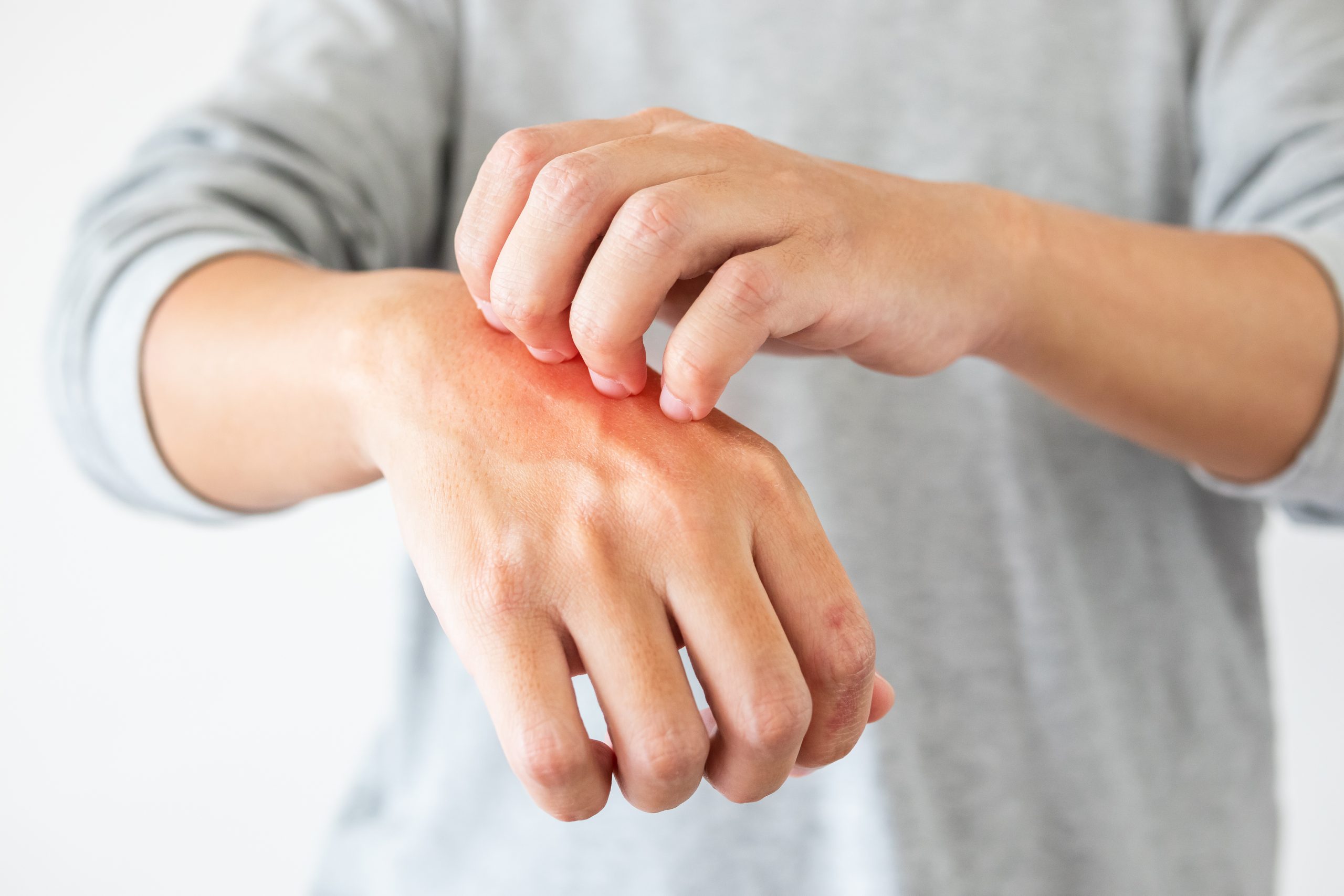Is that itchy, angry red patch on your skin driving you insane? No idea what it is, and how you should treat it? Not all skin conditions are the same. One of the most frequently-occurring dermatological conditions, eczema, has several variants to it. Each type of eczema has its own triggers and symptoms. Check them out!
- Atopic Eczema
The word atopic defines a condition stemming from an allergy. Atopic eczema is one of the most common kinds of eczema that typically begins from adolescence. Over time, it tends to get milder and eventually goes away by the time you reach adulthood. Many people with eczema also have hay fever and asthma. Some symptoms include rashes in the creases of your elbows or knees, and the parts of your skin where the rashes appear can turn darker especially after scratching. Babies usually have atopic eczema on their cheeks and scalp. Be careful not to scratch the rash because you can infect your skin, worsening your condition. This eczema is generally caused by genes, dry skin, environment triggers or problems with your immune system. Your skin is unable to protect you against irritants and allergens as well as other regular skin.
- Contact Dermatitis
As its name suggests, contact dermatitis is mainly triggered by a reaction to substances you touch. It is grouped into two types: allergic contact dermatitis, an immune system reaction to irritants like metals, and irritant contact dermatitis that occurs when a substance or chemical irritates your skin. Uncontrollably itchy bumps called hives can spring up, and your skin can turn red with a stinging or burning sensation. As time passes, your skin might thicken and turn scaly like a snake. Some irritants that set off contact dermatitis include detergents like dishwashing soap, skin care products, jewellery, cigarette smoke, nickel and other solvents.
- Hand Eczema
If you work as a hairstylist, nurse or cleaner, you may experience hand eczema due to frequent contact with skin-irritating chemicals. Your hands may get inflamed, dry and itchy. Cracks and blisters may also form. If you are exposed to these chemicals for a prolonged period without trying to remedy your condition, it may get worse over time.
When to See A House Call Doctor
You can buy topical steroids like cortisone creams to treat your eczema, but this kind of self-medication may not work all the time. Steroids also cause thinning, so continued scratching can cause your skin to crack and bleed. Another option is buying antihistamines like Telfast or Zyrtec. If the itching and redness does not go away after some time, consult your house call doctor. Some people may feel conscious about the red patches, so getting a house call doctor to attend to you gives you the privacy you need. You can also opt for a female house call doctor if it makes you feel more at ease. Remember to note down possible triggers for the house call doctor to better identify a potential cause, from stress to your diet, skin products you use, bathing water temperature and more.
